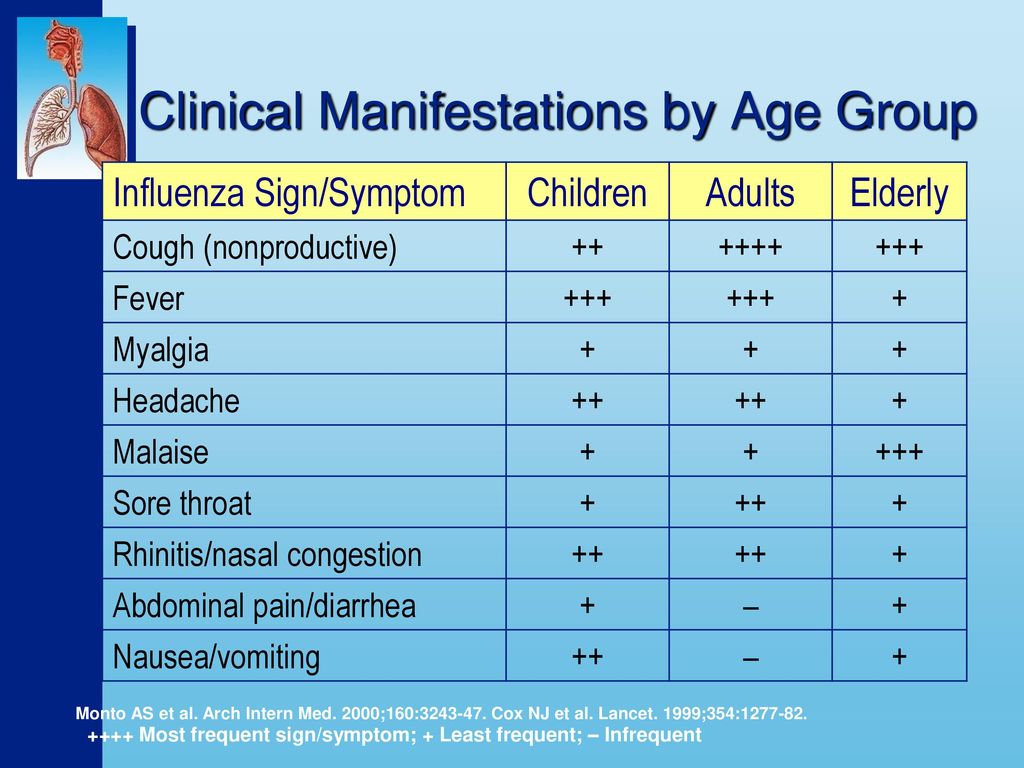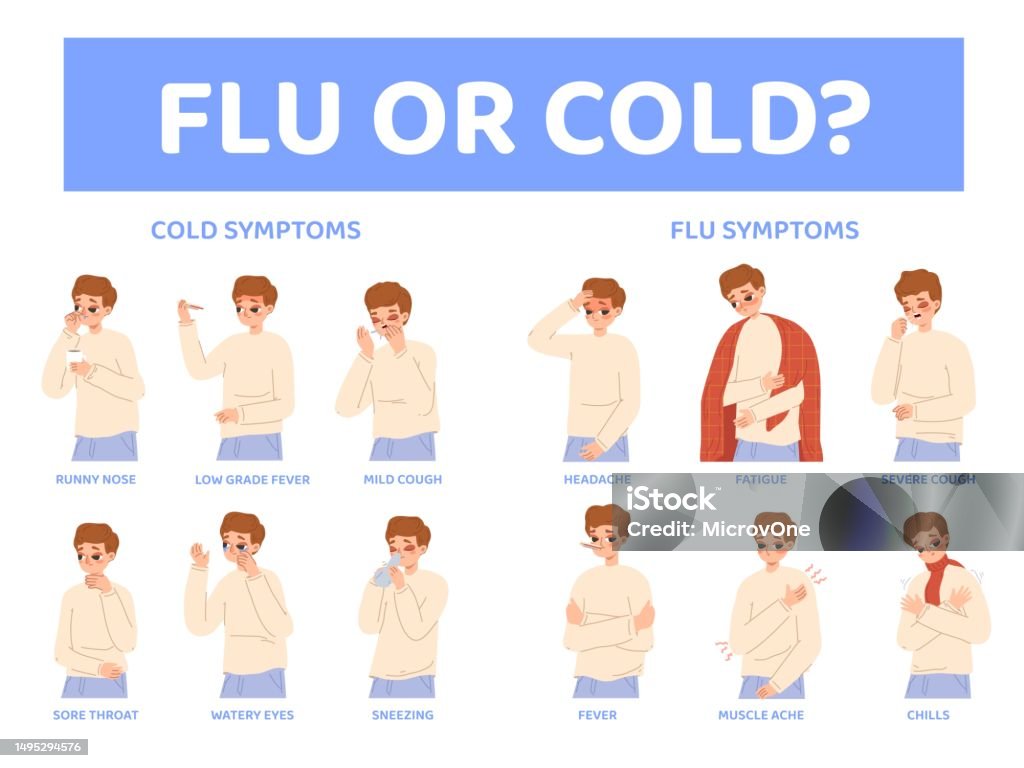Understanding Influenza: Symptoms, Causes, and Prevention
Table of Contents
- Jangan Pandang Ringan, Ini 7 Perkara Ibu Bapa Kena Tahu Tentang ...
- Flu Symptoms and Diagnosis - YouTube
- 7 Common Flu Symptoms and Their Characteristics – Minivan Momma
- Common Flu Symptoms - Convenient Urgent
- آزمایش آنفولانزا دارای چند نوع بوده و چگونه انجام می شوند؟ - آنی آزما
- Flu season that's sickened 26 million may be at its peak
- Upper Respiratory Tract Infections Dr Meral Sönmezoğlu Yeditepe ...
- Commonly known as the ‘Flu”. The most common symptoms are a high fever ...
- Pengalaman Demam Influenza A, Sakit & Perit Mengalahkan Kena Covid-19
- Gejala Pilek Atau Flu Gejala Influenza Penyakit Anak Lakilaki Demam ...



Symptoms of Influenza


- Fever and chills
- Cough and sore throat
- Runny or stuffy nose
- Headache and fatigue
- Muscle or body aches
- Diarrhea and vomiting (more common in children than adults)



Causes of Influenza
Influenza is caused by the influenza virus, which is spread through the air when an infected person talks, coughs, or sneezes. The virus can also be spread by touching surfaces that have been contaminated with the virus and then touching the mouth, nose, or eyes. There are three types of influenza viruses: A, B, and C. Type A and B viruses are responsible for the seasonal outbreaks of influenza, while type C viruses are typically mild and do not cause significant outbreaks.
Risk Factors
Certain groups of people are at a higher risk of developing complications from influenza, including:- Older adults (65 years and older)
- Young children (under 5 years old)
- Pregnant women
- People with certain chronic health conditions (such as heart disease, lung disease, or diabetes)
- People with weakened immune systems (such as those with HIV/AIDS or undergoing chemotherapy)

Prevention and Treatment
The best way to prevent influenza is to get vaccinated every year. The influenza vaccine is available in different forms, including a shot and a nasal spray. Practicing good hygiene, such as washing hands frequently and avoiding close contact with people who are sick, can also help prevent the spread of the virus. If you do get infected with influenza, antiviral medications can help treat the illness and reduce the risk of complications. Rest, hydration, and over-the-counter medications can also help alleviate symptoms. In conclusion, influenza is a common and highly contagious illness that can cause mild to severe symptoms. Understanding the symptoms and causes of influenza, as well as taking steps to prevent and treat the illness, can help reduce the risk of complications and promote overall health and well-being. By following the guidelines and recommendations from reputable sources such as the Mayo Clinic, you can protect yourself and your loved ones from the flu.For more information on influenza, visit the Mayo Clinic website or consult with your healthcare provider.